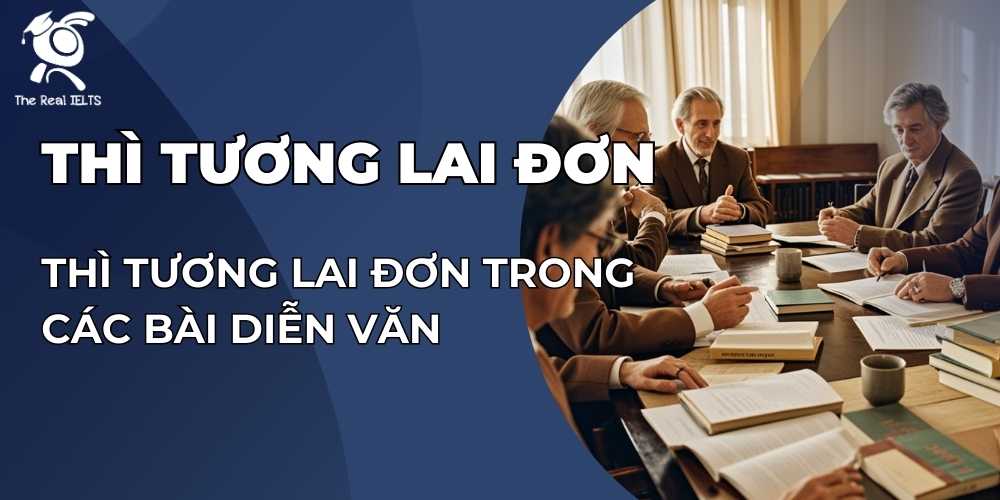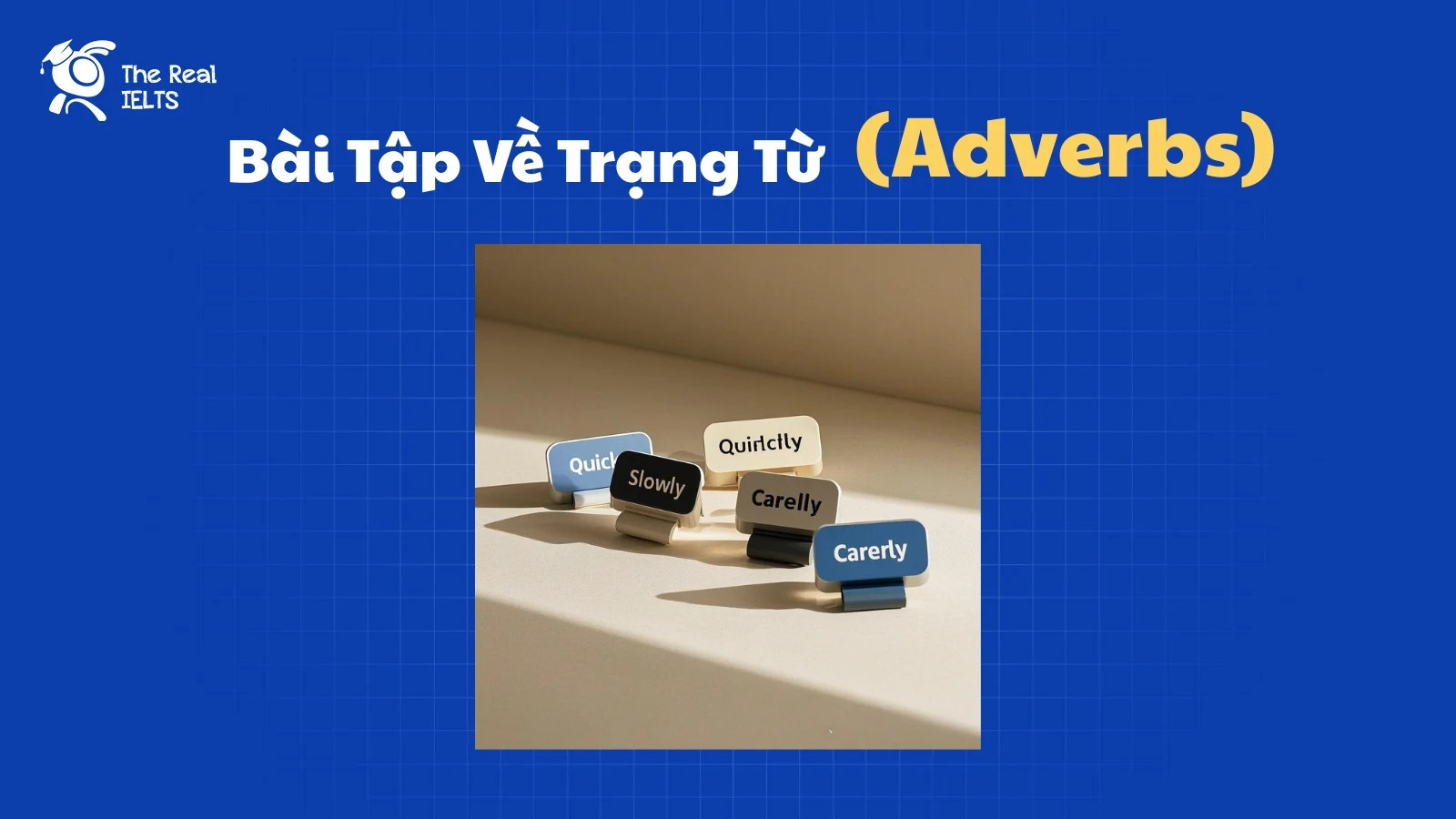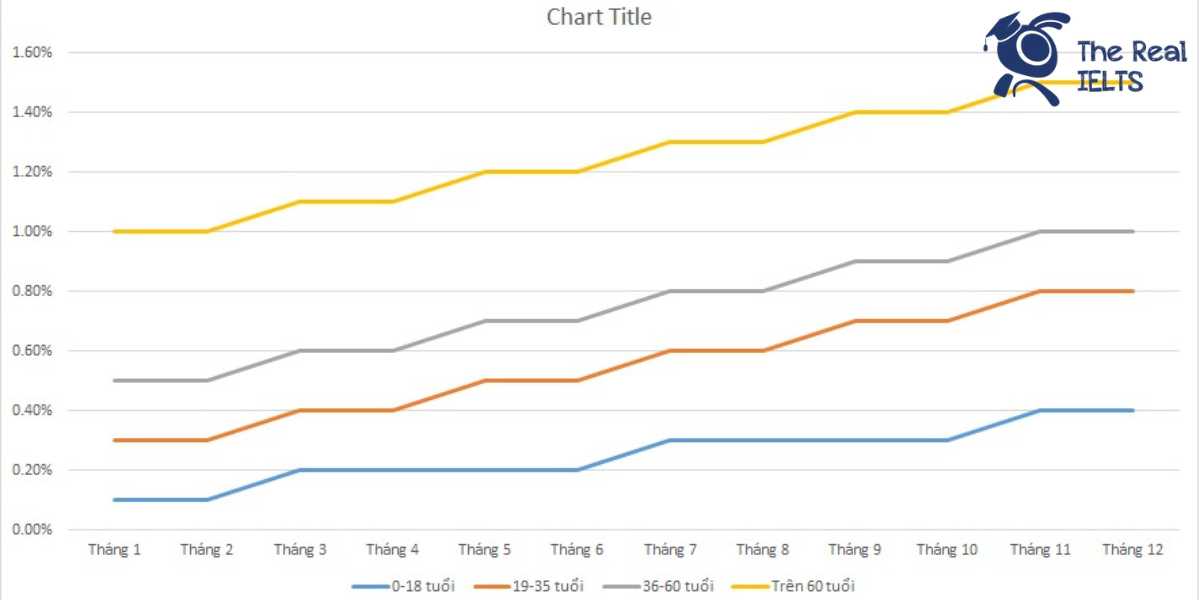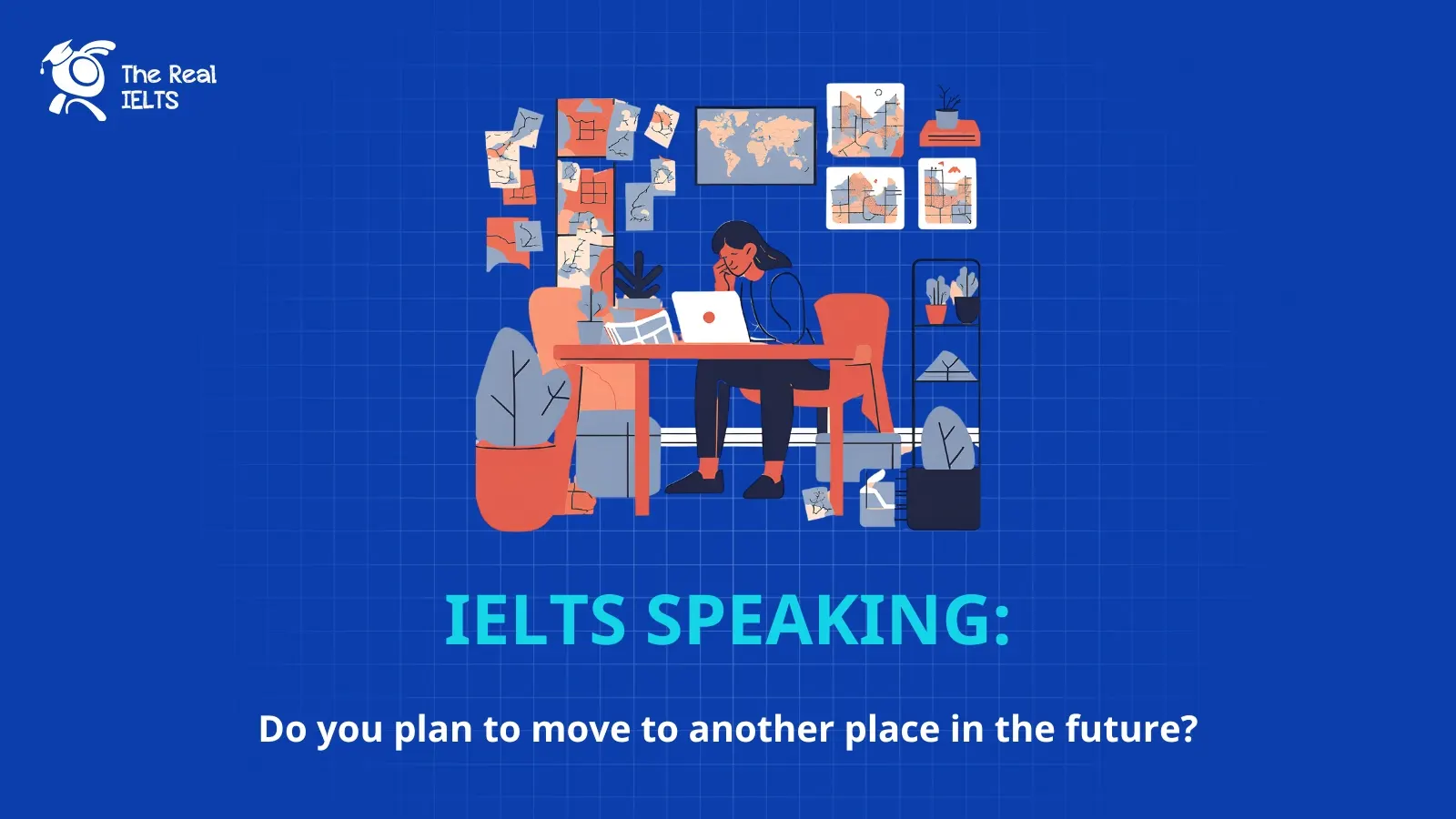Đề thi IELTS Reading có tiêu đề “The Influence of Sports on National Identity”
Nhớ đọc thêm các bài luyện thi IELTS nhé.
IELTS Reading:”The Influence of Sports on National Identity“
The Influence of Sports on National Identity
Sports have long been a powerful tool in shaping and reflecting national identity. The relationship between sports and national identity is complex, intertwined with historical, cultural, and political contexts. Through sporting events, nations not only showcase their athletic prowess but also their unity, values, and sense of pride. This phenomenon is evident in various forms, from the Olympic Games to local football matches, where the influence of sports on national identity is unmistakable.
One of the most significant ways sports influence national identity is through the creation of a shared sense of pride and belonging. When athletes represent their country on the global stage, they become symbols of national strength and capability. Victories are celebrated not just as individual achievements but as collective triumphs that elevate the nation’s status in the world. For example, when a nation wins a gold medal at the Olympics, the entire country often shares in the glory, fostering a sense of unity and national pride. This shared experience can strengthen the bond between citizens, making them feel part of something greater than themselves.
Furthermore, sports can serve as a unifying force in nations with diverse populations. In countries with multiple ethnic, linguistic, or cultural groups, sports can act as a common ground where differences are set aside in favor of a shared national identity. The World Cup, for instance, often sees people from all walks of life coming together to support their national team, regardless of their background. This temporary suspension of differences can reinforce the idea of a single, unified national identity, at least in the context of the sporting event.
However, the influence of sports on national identity is not always positive or straightforward. In some cases, sports can exacerbate divisions within a nation. For instance, when a particular region or ethnic group feels underrepresented in a national team, it can lead to feelings of exclusion and resentment. This was evident in the former Yugoslavia, where sports teams often mirrored the ethnic tensions that eventually led to the country’s breakup. In such cases, rather than unifying the nation, sports can highlight and even deepen existing divisions.
Moreover, the commercialization of sports has also had an impact on national identity. The increasing influence of global brands and sponsorships in sports can sometimes dilute the connection between a team and its national identity. For example, when athletes represent a multinational corporation as much as their country, the line between national pride and commercial interest can become blurred. This commercialization can lead to a situation where the primary motivation for participating in sports shifts from representing one’s country to achieving personal or financial gain, potentially weakening the role of sports in fostering national identity.
Despite these challenges, sports continue to play a significant role in shaping national identity, particularly in the context of international competitions. Events like the Olympics or the FIFA World Cup are not just sporting events; they are opportunities for nations to project their identity on a global stage. Countries often use these events to showcase their culture, values, and achievements, reinforcing their national identity in the process. The opening ceremonies of the Olympics, for example, are carefully choreographed displays of national pride, where countries highlight their history, culture, and accomplishments for the world to see.
In conclusion, sports have a profound influence on national identity, serving as a source of pride, unity, and global representation. While the relationship between sports and national identity is complex and sometimes fraught with challenges, the power of sports to bring people together and project a nation’s identity on the world stage is undeniable. As long as sports continue to captivate the imaginations of people around the world, they will remain a crucial element in the construction and expression of national identity.
Đề bài thi IELTS Reading
Multiple Choice (Câu hỏi trắc nghiệm)
- What is the primary way sports influence national identity?
- A. By increasing individual athletic achievement
- B. By creating a shared sense of pride and belonging
- C. By promoting commercial interests
- D. By highlighting regional differences
- How do sports contribute to unity in diverse nations?
- A. By emphasizing regional identities
- B. By allowing only specific groups to participate
- C. By serving as a common ground for all citizens
- D. By focusing on ethnic and linguistic differences
- Which of the following is a potential negative impact of sports on national identity?
- A. Strengthening national unity
- B. Increasing commercialization of sports
- C. Highlighting existing divisions
- D. Both B and C
- What role do the Olympic Games play in national identity according to the passage?
- A. They are only about athletic competition.
- B. They provide opportunities for nations to showcase their culture.
- C. They primarily focus on individual achievements.
- D. They are irrelevant to national identity.
- What might weaken the connection between sports and national identity?
- A. Overrepresentation of regional athletes
- B. Commercialization of sports
- C. Increased participation in global sports events
- D. Lack of global recognition
- How do sports teams reflect national identity during international competitions?
- A. By wearing traditional attire
- B. By performing cultural rituals
- C. By showcasing national values and pride
- D. By displaying political slogans
- What can happen when a particular region or ethnic group feels underrepresented in a national team?
- A. It strengthens national unity.
- B. It leads to feelings of exclusion and resentment.
- C. It increases the country’s chances of winning.
- D. It fosters greater participation in sports.
- What is the impact of commercialization on the role of sports in fostering national identity?
- A. It strengthens the bond between athletes and their country.
- B. It shifts motivation towards personal or financial gain.
- C. It has no impact on national identity.
- D. It enhances the role of sports in uniting the nation.
True/False/Not Given
- The passage states that sports have always been a positive influence on national identity.
- True
- False
- Not Given
- The passage suggests that sports are the most important factor in shaping national identity.
- True
- False
- Not Given
- The commercialization of sports has led to an increase in athletes’ motivation to represent their country.
- True
- False
- Not Given
- The World Cup is mentioned as an event where ethnic tensions are always set aside.
- True
- False
- Not Given
- The passage provides examples of how regional pride can sometimes override national identity in sports.
- True
- False
- Not Given
Yes/No/Not Given
- According to the author, sports always bring people together regardless of their differences.
- Yes
- No
- Not Given
- The author believes that national pride is the most important outcome of sports victories.
- Yes
- No
- Not Given
- The passage argues that sports have no role in modern national identity.
- Yes
- No
- Not Given
- The author suggests that nations use international sports events to showcase their achievements.
- Yes
- No
- Not Given
- The author believes that the commercialization of sports is inevitable.
- Yes
- No
- Not Given
Matching Information (Nối thông tin)
- Match the following impacts with their corresponding descriptions in the text:
- A. Positive impact of sports on national identity
- B. Negative impact of sports on national identity
- C. The role of international competitions in national identity
- D. The effect of commercialization on sports
Matching Headings (Nối tiêu đề với đoạn văn)
- Match the headings to the appropriate paragraphs:
- A. The Unifying Power of Sports
- B. Commercialization’s Impact on National Identity
- C. Sports as a Reflection of National Pride
- D. The Dual Nature of Sports’ Influence on National Identity
Matching Features (Nối đặc điểm)
- Match the following events with their roles in national identity:
- A. Olympic Games
- B. World Cup
- C. National football matches
- D. Local sports events
- 21.1 Creates a global stage for showcasing national culture
- 21.2 Serves as a unifying force in diverse nations
- 21.3 Fosters regional pride
- 21.4 Highlights national unity within local communities
Matching Sentence Endings (Nối phần kết câu)
- Match the beginning of the sentences with their correct endings:
- 22.1 Sports influence national identity by…
- 22.2 In diverse nations, sports can…
- 22.3 When a region feels underrepresented in a national team, it can…
- 22.4 Commercialization of sports might…
- A. lead to feelings of exclusion and resentment.
- B. act as a common ground for all citizens.
- C. create a shared sense of pride and belonging.
- D. weaken the connection between sports and national identity.
Sentence Completion (Hoàn thành câu)
- Sports can exacerbate divisions within a nation if __________.
- The commercialization of sports can __________ the bond between athletes and their country.
- The opening ceremonies of the Olympics are used to __________ a nation’s history, culture, and accomplishments.
- Sports have the power to bring people together by __________.
- A negative impact of sports on national identity might be the __________.
Summary Completion
- Summary: The relationship between sports and national identity is multifaceted. Sports can create a shared sense of __________ and __________ among citizens. However, in some cases, sports can __________ existing divisions, especially when there is a lack of representation for certain regions or ethnic groups. The __________ of sports has also impacted the connection between athletes and national pride, as financial motivations sometimes overshadow the desire to represent one’s country.
- Words to fill in: unity, pride, exacerbate, commercialization
Diagram Label Completion (Hoàn thành nhãn của sơ đồ)
29-31. Complete the labels for the diagram of sports influence on national identity:
- Diagram:
- Sports → National Identity
- Positive Impact: __________, __________
- Negative Impact: __________, __________
Short Answer Questions (Câu hỏi trả lời ngắn)
- What is one way sports contribute to national pride?
- How can sports act as a unifying force in diverse nations?
- What is a potential negative effect of underrepresentation in national teams?
- How does the commercialization of sports impact national identity?
- What is showcased during the opening ceremonies of the Olympic Games?
- What role do local sports events play in national identity?
Matching Features (Nối đặc điểm)
- Match the following effects with the corresponding influences in the text:
- A. Enhances unity
- B. Highlights divisions
- C. Dilutes national pride
- D. Strengthens global representation
- 38.1 Olympic victories
- 38.2 Commercialization of sports
- 38.3 Underrepresentation in national teams
- 38.4 World Cup participation
Matching Sentence Endings (Nối phần kết câu)
39-40. Match the beginnings of the sentences with their correct endings:
- 39.1 Sports can foster unity by…
- 39.2 When a nation wins a gold medal, it…
- A. bringing together citizens from diverse backgrounds.
- B. creates a shared sense of national pride.
Đáp án bài thi IELTS Reading
Multiple Choice (Câu hỏi trắc nghiệm)
- B. By creating a shared sense of pride and belonging
- C. By serving as a common ground for all citizens
- D. Both B and C
- B. They provide opportunities for nations to showcase their culture
- B. Commercialization of sports
- C. By showcasing national values and pride
- B. It leads to feelings of exclusion and resentment
- B. It shifts motivation towards personal or financial gain
True/False/Not Given
- False (The passage suggests both positive and negative influences.)
- False (The passage implies that sports are one of many factors in shaping national identity.)
- False (Commercialization is mentioned as potentially weakening the connection between athletes and their country.)
- Not Given (The passage does not state that ethnic tensions are always set aside during the World Cup.)
- True (The passage mentions that regional pride can sometimes override national identity.)
Yes/No/Not Given
- No (The passage mentions that sports can sometimes highlight divisions rather than bring people together.)
- No (The passage does not state that national pride is the most important outcome of sports victories.)
- No (The passage discusses the role of sports in national identity, so it does play a role.)
- Yes (The passage suggests that nations use international sports events to showcase their achievements.)
- Not Given (The passage does not explicitly state that the author believes commercialization is inevitable.)
Matching Information (Nối thông tin)
- A. Positive impact of sports on national identity → C. The role of international competitions in national identity
- B. Negative impact of sports on national identity → D. The effect of commercialization on sports
Matching Headings (Nối tiêu đề với đoạn văn)
- A. The Unifying Power of Sports → Đoạn văn về sự đoàn kết
- B. Commercialization’s Impact on National Identity → Đoạn văn về thương mại hóa
- C. Sports as a Reflection of National Pride → Đoạn văn về niềm tự hào dân tộc
- D. The Dual Nature of Sports’ Influence on National Identity → Đoạn văn về tác động hai mặt của thể thao
Matching Features (Nối đặc điểm)
- Creates a global stage for showcasing national culture → A. Olympic Games
- Serves as a unifying force in diverse nations → B. World Cup
- Fosters regional pride → D. Local sports events
- Highlights national unity within local communities → C. National football matches
Matching Sentence Endings (Nối phần kết câu)
- Sports influence national identity by… → C. create a shared sense of pride and belonging.
- In diverse nations, sports can… → B. act as a common ground for all citizens.
- When a region feels underrepresented in a national team, it can… → A. lead to feelings of exclusion and resentment.
- Commercialization of sports might… → D. weaken the connection between sports and national identity.
Sentence Completion (Hoàn thành câu)
- if they highlight existing ethnic or regional tensions.
- weaken the bond between athletes and their country.
- showcase a nation’s history, culture, and accomplishments.
- acting as a common ground for citizens from diverse backgrounds.
- exacerbation of existing divisions.
Summary Completion
- Words to fill in: unity, pride, exacerbate, commercialization
Diagram Label Completion (Hoàn thành nhãn của sơ đồ)
29-31.
- Positive Impact: unity, pride
- Negative Impact: divisions, commercialization
Short Answer Questions (Câu hỏi trả lời ngắn)
- By creating a shared sense of pride and belonging.
- By acting as a common ground for all citizens.
- It can lead to feelings of exclusion and resentment.
- It can shift motivation towards personal or financial gain, weakening national pride.
- A nation’s history, culture, and accomplishments are showcased.
- They highlight national unity within local communities.
Matching Features (Nối đặc điểm)
- Enhances unity → World Cup participation
- Highlights divisions → Underrepresentation in national teams
- Dilutes national pride → Commercialization of sports
- Strengthens global representation → Olympic victories
Matching Sentence Endings (Nối phần kết câu)
39-40.
- Sports can foster unity by… → A. bringing together citizens from diverse backgrounds.
- When a nation wins a gold medal, it… → B. creates a shared sense of national pride.
Luyện tập bài khác ở bài viết:”100 bài luyện IELTS Reading 2024 – 2025“















